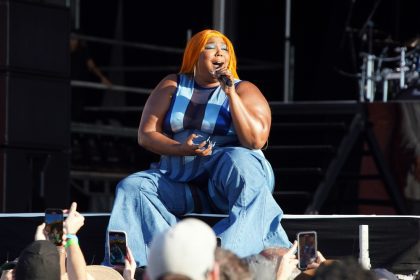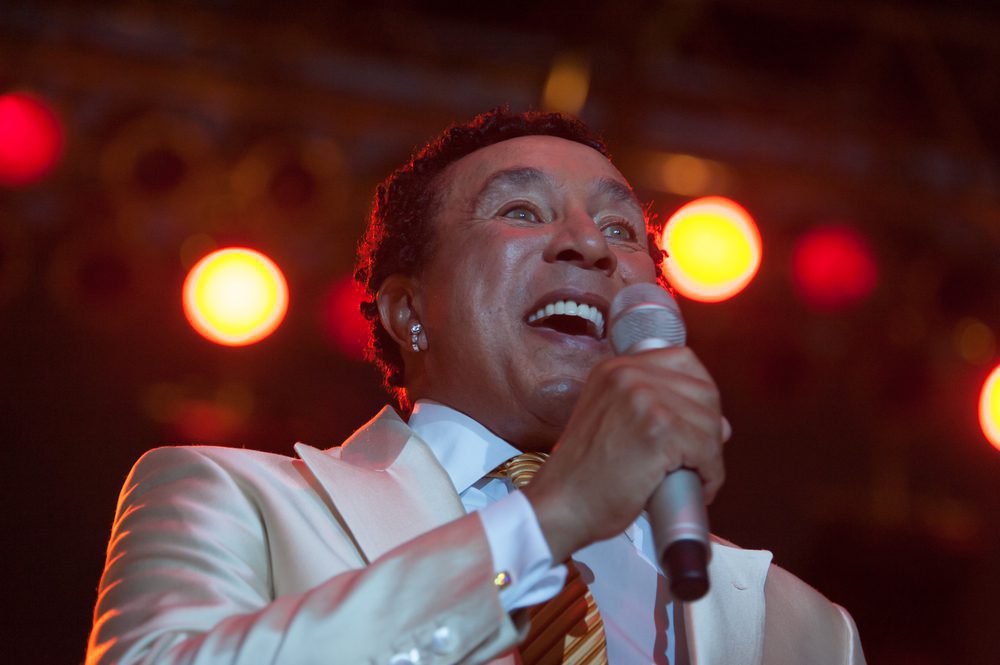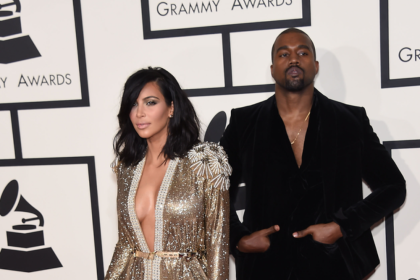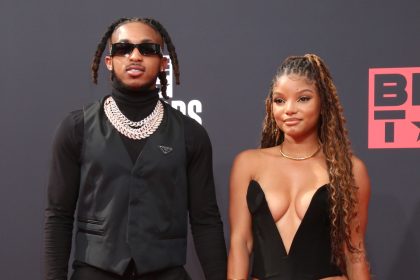Maimouna Youssef, also known as Mumu Fresh, is one of the most talked-about indie artists in music. She’s Grammy-nominated and has performed all over the globe, from New York to Nigeria. Since debuting in 2011, she’s been acclaimed by numerous publications and music critics; and this year, she’s drawn a lot of attention for “Already Royal,” her “response” record to Lorde’s 2013 smash hit “Royals.” Mumu Fresh spoke to rolling out about her motivation for recording the song and shared her perspective on artistry and the music industry.
“The first thing I thought was that’s not an affirming concept — that we’ll never be royal. It’s not something that I want my child singing or that I want to hear anyone singing because that doesn’t run in our blood,” says Youssef. “I also felt like it was a shot at hip-hop and she isn’t really in a position to take that shot. Urban artists are constantly being pegged with being overly-materialistic and we don’t own the majority of the wealth. The 10 percent that owns the majority of wealth — how about making a song about them? So many artists die without being able to support themselves. It’s a situation that deserves a little more empathy than that.”
“There are so many artists that don’t make the kind of music they want to make because they don’t feel that they can,” she says. “So I feel that it’s inappropriate to come at the next artist and see them as free individuals. That’s not always the case. The music business is almost like sharecropping; you work the land but you don’t own the land. I wanted to speak to that in a way that people could understand. More than a complaint, I wanted it to be a celebration of who we really are.”
“In the beginning it was a struggle of who I was versus who certain people in the industry felt that I should be in order to make a living. You are your business, you’re the commodity. It’s hard to separate your feelings, emotions and self-esteem from this product you’re selling. People pick apart the product and it can be really difficult to separate yourself. That’s part of the reason why I tried to be an independent artist. I wanted the option to be me and see if it would truly sell — without someone telling me that me being myself would be a financial hindrance.”
“I’ve also learned to refine what some of what I do to make it a little more universal so that everyone can be inspired,” Youssef explains. “I’m refining it on my own terms. It’s not someone saying ‘About your nappy hair — you know we can’t sell that, right?'”












